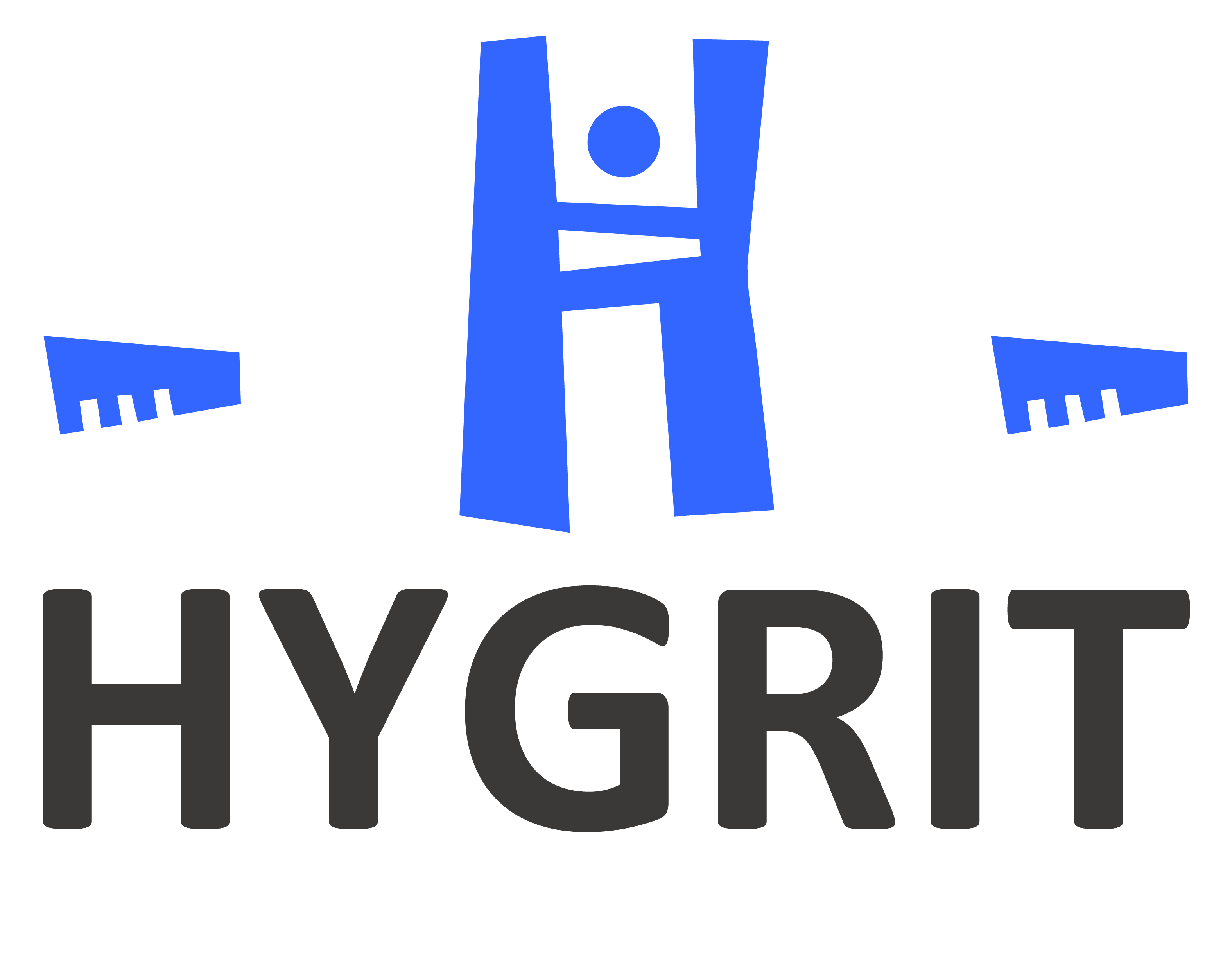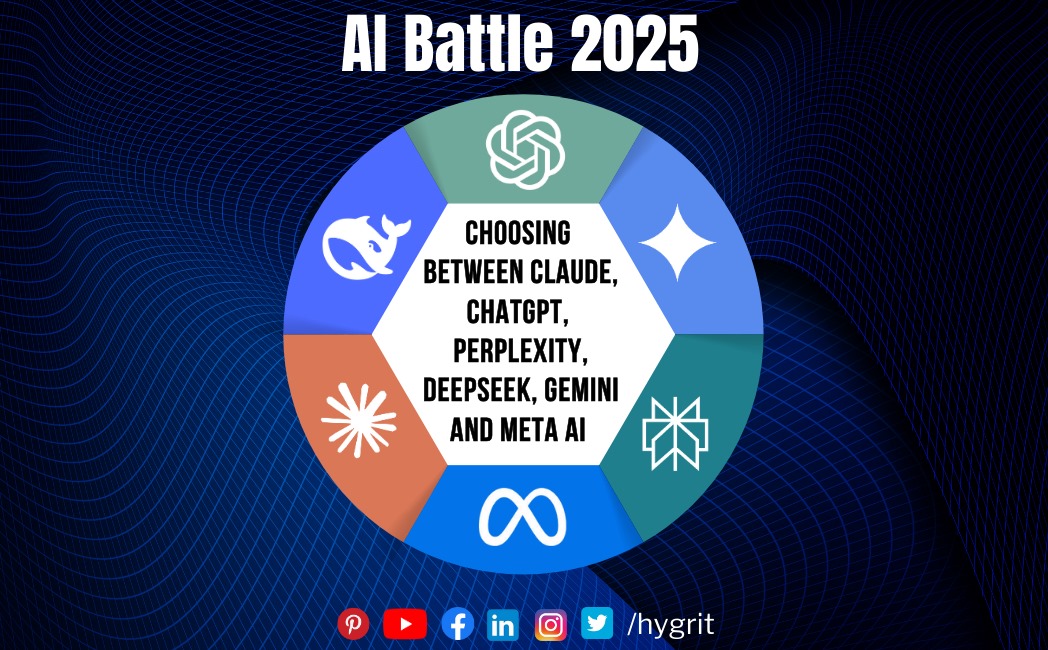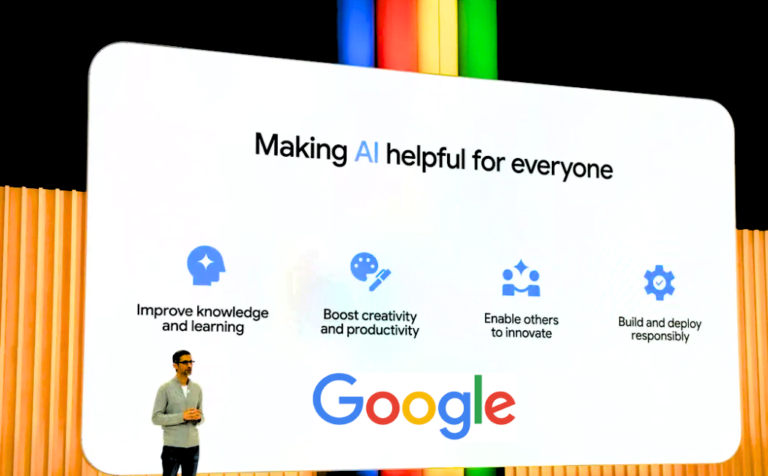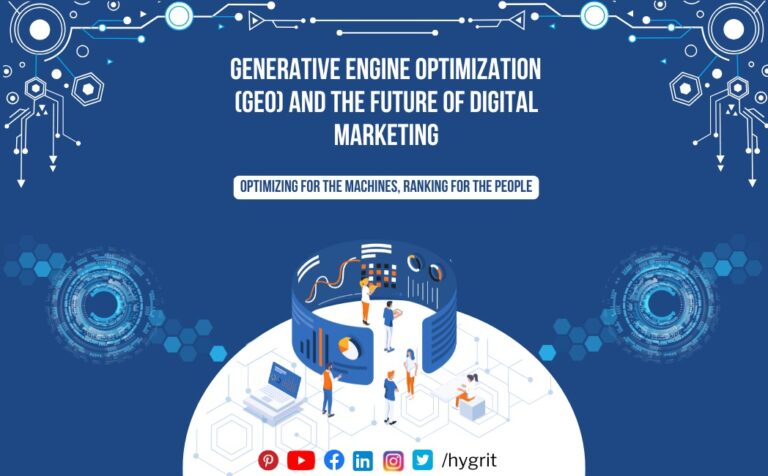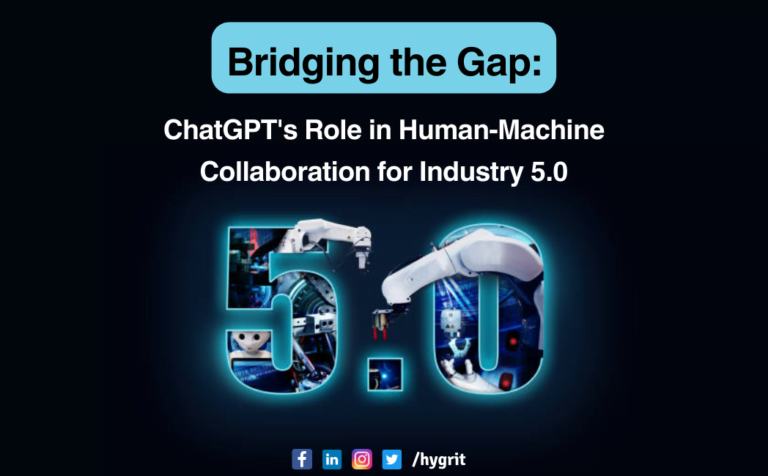As we navigate the AI-driven landscape of 2025, choosing the right AI assistant has become increasingly complex. Each leading AI platform offers unique capabilities tailored to specific use cases. This comprehensive AI platform comparison examines Claude, Perplexity, DeepSeek, ChatGPT, Meta AI, and Gemini to help you identify which solution best addresses your particular requirements.
The Evolved AI Ecosystem
The generative AI market has matured significantly, with platforms developing specialized strengths while competing for market dominance. Understanding their distinct capabilities is essential for strategic implementation.
Key Platform Strengths
Claude 3.7 Sonnet
Claude excels in nuanced reasoning, ethics-aware responses, and detailed document analysis. Its extended thinking mode enables complex problem-solving with well-justified explanations, making it ideal for professional analysis requiring depth and thoughtfulness.
Perplexity
With real-time internet access, Perplexity stands out for current information retrieval, source attribution, and synthesizing recent developments. Its ability to verify claims and cite sources makes it exceptional for research and fact-checking tasks.
DeepSeek
DeepSeek has emerged as a powerhouse for scientific applications, excelling in mathematical reasoning, code generation, and technical problem-solving. Its specialized models offer superior performance in computational tasks and scientific domains.
ChatGPT-4
ChatGPT continues to dominate as a versatile generalist with strong creative capabilities and practical applications. Its broad functionality and extensive plugin ecosystem make it suitable for diverse tasks from content creation to coding assistance.
Meta AI (Llama 3)
Meta AI shines in multimodal understanding and social context analysis. With superior visual processing abilities and integration across Meta’s platforms, it offers unique advantages for social media optimization and consumer engagement.
Gemini Ultra
Google’s Gemini excels in multimodal reasoning, scientific problem-solving, and visual understanding. Its deep integration with Google’s ecosystem provides enhanced capabilities for research and knowledge-intensive tasks.
AI Platform Comparison Chart
| Platform | Best For | Unique Strength | Limitations | Pricing Model |
|---|---|---|---|---|
| Claude 3.7 | Complex reasoning, ethics, document analysis | Extended thinking mode | Occasional hallucinations | Usage-based, with free tier |
| Perplexity | Research, real-time information | Source citation, internet access | Less creative flexibility | Freemium with Pro tier |
| DeepSeek | Scientific computing, mathematics, coding | Technical precision | Narrower general knowledge | Open-source with paid APIs |
| ChatGPT-4o | Versatile tasks, creative content | Broad capability range | Information cutoff | Subscription-based |
| Meta AI | Social context, visual analysis | Cross-platform integration | Less detailed reasoning | Free with Meta accounts |
| Gemini Ultra | Multimodal tasks, research | Deep knowledge integration | Less conversational | Tiered subscription |
Strategic Selection Criteria
When conducting an AI platform comparison, consider:
- Core Requirements: Prioritize the primary tasks you need to accomplish
- Data Freshness: Assess whether you need current information
- Technical Depth: Evaluate the complexity of your domain
- Integration Needs: Consider your existing technology ecosystem
- Budget Constraints: Balance capability against cost
Future Trajectory
Looking ahead, we can anticipate:
- Increased specialization in domain-specific knowledge
- Enhanced reasoning capabilities across platforms
- More seamless multimodal interactions
- Greater customization and personalization options
- Improved transparency in source attribution
The optimal AI assistant will ultimately depend on your specific use case, with many professionals now adopting a multi-platform approach to leverage the unique strengths of each system.
